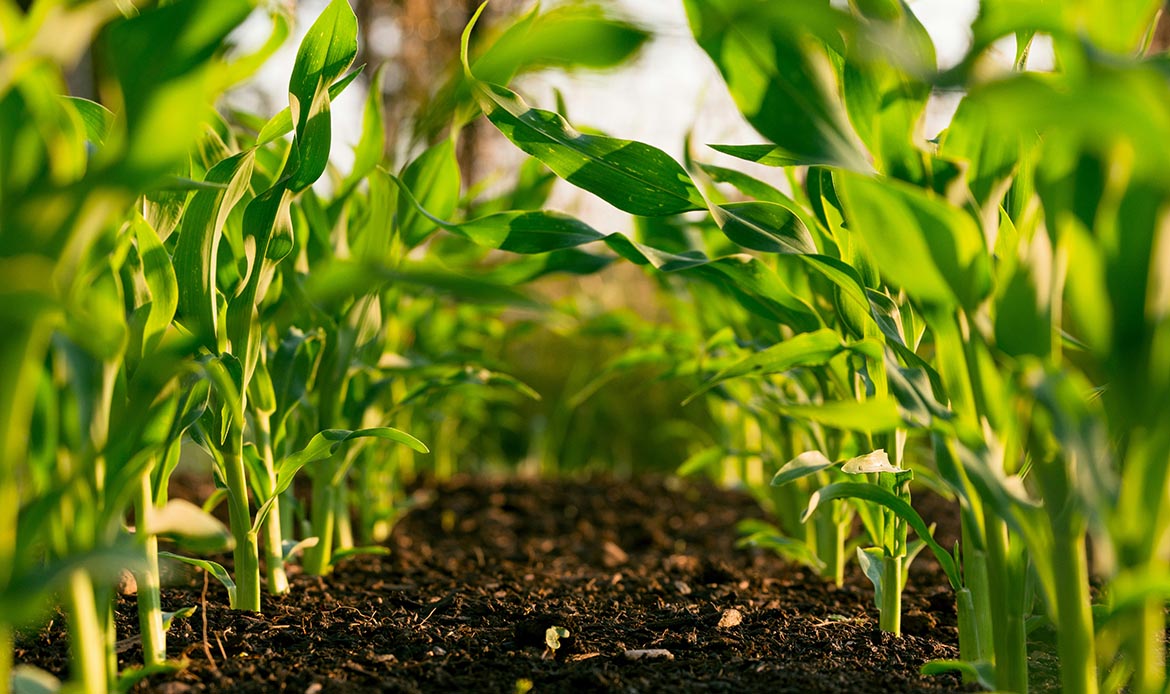A new climate-resilient agriculture project is set to support 14,000 smallholder farmers in Northern Bauchi, offering one of the most extensive adaptation interventions in the region.
The initiative, implemented under the Empowering Smallholder Farmers for Resilient Rural Agriculture (ESTRRA) programme, places deliberate focus on the inclusion centre of which 60% of direct beneficiaries will be women and 30 per cent youth, while over 70,000 others are expected to benefit indirectly.
More than 20,000 hectares of degraded land will be restored through half-moons, reforestation with fruit-bearing trees, mixed farming systems, and regenerative agricultural practices. These interventions aim to strengthen nutrition, increase household incomes and build long-term resilience to climate shocks.
Across Nigeria, several climate-resilience solutions have laid the groundwork for initiatives like ESTRRA. A notable example is the Farmers’ Hub system, a decentralised system adopted across northern states to improve access to quality inputs, extension services and markets.
By training local service providers, the hubs make it easier for smallholders to transition to sustainable practices while generating income through input sales and value-added services. The ESTRRA project is expanding this same model because it has already proven effective in improving crop yields, building community-level expertise, and strengthening local economies.
Another major solution already in place is the Great Green Wall programme, a pan-African initiative Nigeria has implemented in states like Bauchi, Kano, Kebbi, and Yobe.
The programme focuses on land restoration, sand-dune stabilisation and large-scale tree planting to halt desertification. In many communities, shelterbelts and community woodlots have begun restoring soil fertility, improving water retention and creating green jobs.
By integrating fruit-bearing trees into rehabilitation efforts, the initiative also supports household nutrition, an approach echoed in the ESTRRA design.
Nigeria has also invested in Climate-Smart Agriculture (CSA) training through institutions like the Federal Ministry of Agriculture, the Agricultural Development Programmes (ADPs) and research institutes like the Lake Chad Research Institute.
Farmers across northern states have been trained in conservation agriculture, drought-tolerant crop varieties, zai pits, crop rotation and integrated pest management.
These CSA approaches have helped communities respond to erratic rainfall and degraded soils, and they complement the regenerative farming techniques now being scaled up under ESTRRA.
To address water scarcity, one of the most severe threats to northern agriculture programmes, FAO-supported water harvesting schemes, irrigation rehabilitation projects, and community-managed boreholes have strengthened year-round farming.
These systems enable smallholders to grow vegetables and fodder in the dry season, diversify their income, and reduce pressure on overworked land. The half-moon structures used in the Bauchi initiative build on these earlier successes by capturing runoff, slowing evaporation, and enabling natural regeneration of vegetation.
Women and youth inclusion, another key focus of the new Bauchi project, mirrors ongoing interventions led by organisations like the International Fund for Agricultural Development’s (IFAD) Value Chain Development Programme, Oxfam’s resilience initiatives and UNDP’s livelihood support schemes.
Through group strengthening, micro-enterprise training and village savings models, these programmes have expanded economic opportunities for rural women and increased youth participation in climate-smart livelihoods.
By adopting similar social inclusion structures, the Bauchi intervention aligns with a proven pathway for strengthening community ownership and long-term sustainability.
Market access solutions are also expanding across northern Nigeria. Programmes such as the Nigerian Incentive-Based Risk Sharing System for Agricultural Lending (NIRSAL) have helped de-risk smallholder financing and link farmers to processors and aggregators.
Others, like USAID’s Feed the Future Nigeria Agricultural Extension and Advisory Services Activity, have improved value chain development, post-harvest handling, and access to climate-resilient technologies.
These existing systems will help ensure that farmers adopting regenerative practices under ESTRRA can sell their produce at competitive prices rather than being trapped in localised, low-profit markets.
The Bauchi climate-resilience initiative enters a landscape where solutions already exist—but where scale, inclusion and long-term sustainability remain urgent needs.
By integrating land restoration, regenerative agriculture, market access, and inclusive development, the new project builds on years of climate action while pushing the region closer to food security, ecological recovery, and community resilience.
Summary not available at this time.






